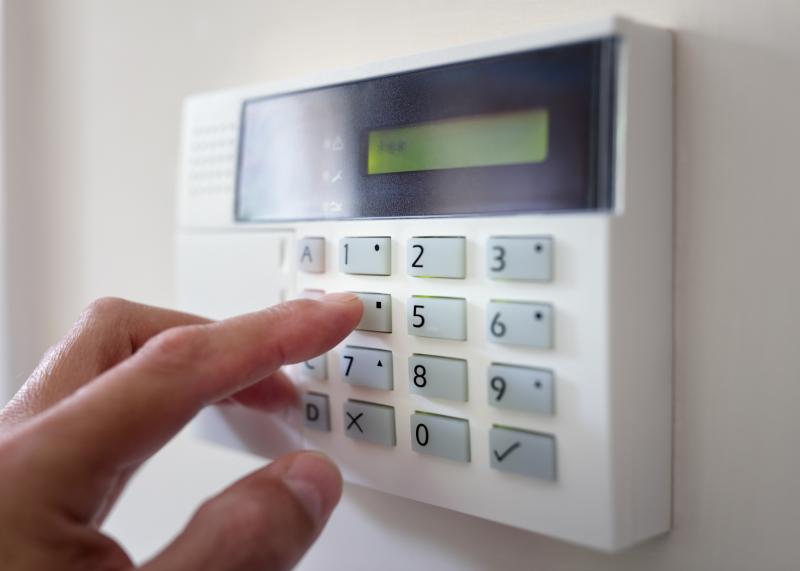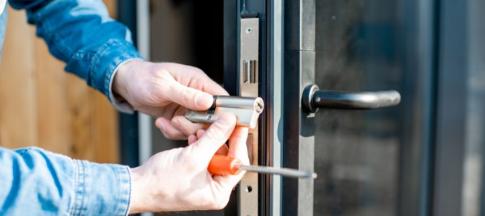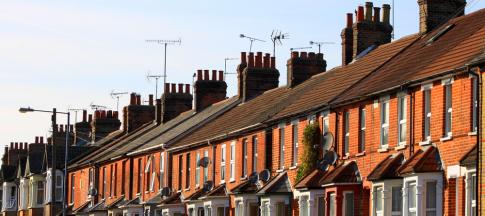
House alarms, often known as burglar alarms, protect your home against unwanted intruders.
With so many types to choose from, we explore the different types of burglar alarms and explain how they impact your home insurance.
Why do I need a burglar alarm?
A burglar alarm can help with lots of different home security issues. Firstly, a simple alarm or camera can deter opportunistic thieves who prefer targeting homes with no security systems.
Having someone enter your home isn’t just a personal security issue. In 2022, the average cost of a residential burglary in the UK was £2,856.
Lastly, depending on the type you choose, an alarm can give you peace of mind while you’re away from home.
Will a burglar alarm affect my home insurance premium?
The impact on your home insurance quote might be different across different insurers. Each insurer uses slightly different criteria to calculate your insurance price.
If you tell your insurer you use an alarm or surveillance system and it appears on your policy documents, you must keep it active or tell them if you stop using it.
It could invalidate your policy if you don't keep them updated.
What type of alarm do insurers look for?
If you let your insurer know about your alarm system, they'll probably ask if it’s certified, installed, and maintained by one of the following approved organisations:
- The National Security Inspectorate (NSI)
- Security Systems and Alarm Inspection Board (SSAIB)
What type of burglar alarm do I need?
There are two main types of home alarms:
- Bells only alarms – these make noise, scaring off intruders and alerting someone in your neighbourhood to the situation.
- Monitoring alarms – if the alarm is triggered, someone is contacted to alert them to the situation.
If you choose monitoring alarms, here are your options:
- Speech dialler – when triggered, the alarm goes off, and the device will call or text the phone numbers you’ve chosen.
- Smart doorbell – it’s linked to your phone, so you can see and speak to anyone who comes to your front door.
- Keyholder monitoring – a company monitors your alarm and either responds to it themselves or contacts nominated family and friends known as keyholders. These keyholders need to live near your house and have access to it.
- Police monitoring – the company above will also contact the police. You’ll need to check the company is registered with your local police force first.
The police will only come to your home if two indicators in your house have been triggered. For example, a sensor and a door contact.
Security cameras
If you want some extra peace of mind, a security camera captures footage of your home which can be invaluable if an intruder tries to break in. Like with alarms, there are wired and wireless options.
Wireless or wired?
Wireless alarms are usually easier to install but generally more expensive. But, if you move homes you can take them with you.
Wired systems normally need a professional to install them so they can hide the wires, which means labour costs are usually higher.
How much do burglar alarms cost?
Prices depend on the type of alarm you’re looking for. You can buy a basic DIY house alarm with easy installation for less than £100, whereas a hi-tech alarm could cost at least £1,000.
When deciding your budget for an alarm system, consider the following costs:
- the alarm
- installation
- monitoring
- maintenance
Alternatives to burglar alarms
Alarms aren’t the only way to protect your home against burglars. Here are a few other things you can do:
- Keep windows and doors locked – even if you’re only popping to the shops you need to keep your home secure.
- Install motion sensor lighting – this can scare away potential thieves and also make it clearer to see any security camera footage.
- Keep valuables out of sight – if possible, store your prized possessions in a safe or at least out of sight of any ground-floor windows and doors.
- Lock up all garden tools – avoid leaving anything valuable visible in your garden, and use a secure lock on your garden shed.


